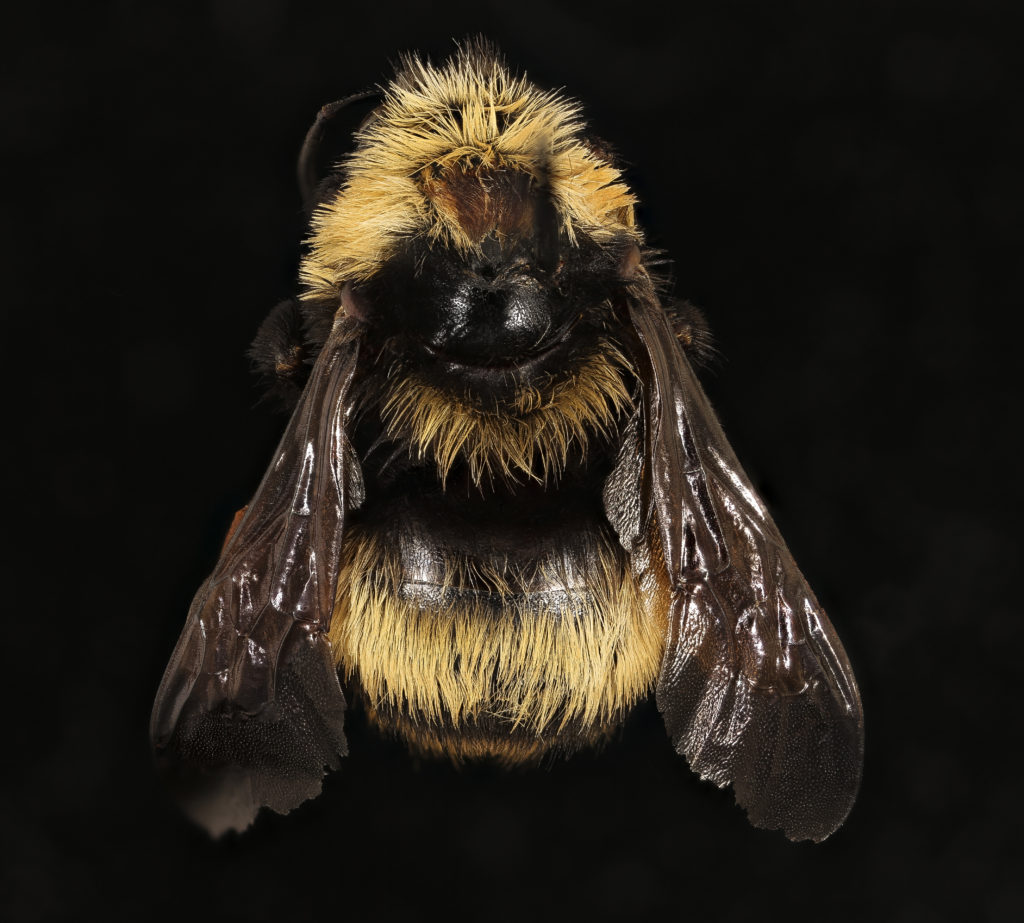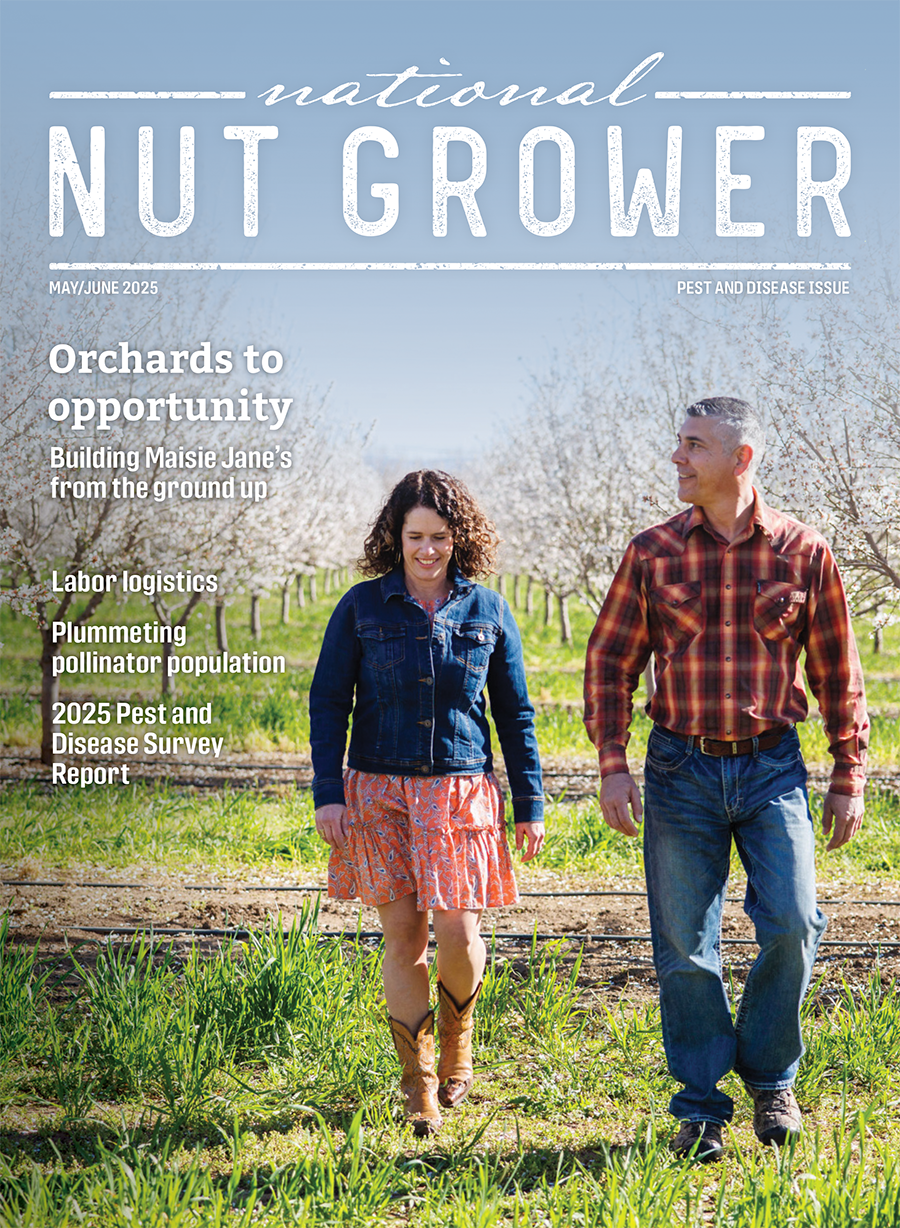
Jun 9, 2022Farm groups ‘troubled’ by court’s bumblebee ruling
Saying that bumblebees may be classified as fish, a state appeals court has ruled that the pollinator insect may therefore be eligible for protection as an endangered or threatened species under state law.
The ruling reverses a 2020 Sacramento County Superior Court decision blocking the state from listing the bumblebee under the state Endangered Species Act (ESA) and granting the insect protection as fish.
Unlike federal law, the state ESA does not include insects as eligible for listing. Specifically, state law extends protections only to birds, mammals, fish, amphibians, reptiles and plants.
Nevertheless, the California Fish and Game Commission voted in 2019 to designate the Crotch bumblebee, Franklin’s bumblebee, Suckley cuckoo bumblebee and western bumblebee as candidates for ESA listing. The move triggered full protection for the bumblebees under state law, which prohibits actions that would kill, or “take,” candidate species without a permit or other authorization.
The state based its listing decision on a provision of the Fish and Game Code, which defines fish to include invertebrates. Because bumblebees and other insects are invertebrates, the commission argued, then they may be listed under the state ESA.
Farm groups, including the California Farm Bureau, sued, saying that bumblebees are not fish and that the commission abused its authority by adding the species as candidates for state ESA protection. They also contend that protections for the bumblebees could affect farming activities in the state, including grazing and growing crops, herbicide and pesticide applications, and use of commercial honeybees to pollinate crops.
The trial court sided with farmers. It rejected the state’s argument, saying that the Fish and Game Code’s definition of “fish” applies only to marine invertebrates, not to terrestrial insects such as bumblebees. Subsequently, the state and three environmental groups appealed.
In last week’s ruling, the appellate court said it took a more “liberal interpretation” of the law, which it said was intended to be read more broadly to cover all imperiled invertebrate species, including bees.
“Although the term ‘fish’ is colloquially and commonly understood to refer to aquatic species,” the court said, “the term of art employed by the legislature in the definition of fish … is not so limited.”
The court agreed that the law “is ambiguous as to whether the legislature intended for the definition of fish to apply to purely aquatic species.” But it concluded that legislative history supports its liberal interpretation: The commission had previously listed a terrestrial mollusk and invertebrate – the Trinity bristle snail – and two crustaceans as endangered or threatened.
California Farm Bureau Senior Counsel Kari Fisher said the organization is “troubled” by the appeal court’s decision and is “evaluating potential next steps.”
Farm groups said the court disregarded prior positions of the Office of Administrative Law, the Office of the Attorney General, and the California Department of Fish and Wildlife, all of which concluded that insects cannot be protected under the state ESA.
The state legislature in 1984 considered a bill that would have added insects and plants to the categories of protected species, farm groups pointed out, and it expressly decided to add plants but not insects. Reports of the committees that produced the legislation also plainly stated that insects cannot be listed, the groups said.
The ruling could complicate existing efforts to manage farmland to protect wildlife, they added. What’s more, the case could set a precedent and inspire additional petitions to list other insects such as the monarch butterfly under the state ESA, they said.
In addition to the Farm Bureau, other farm groups party to the case are the Almond Alliance of California, California Association of Pest Control Advisers, California Citrus Mutual, California Cotton Ginners and Growers Association, Western Agricultural Processors Association, Western Growers Association and The Wonderful Company.
– Ching Lee, California Farm Bureau Federation
A bit bedraggled Crotch’s bumblebee. Photo: Brooke Goggins/USGS









